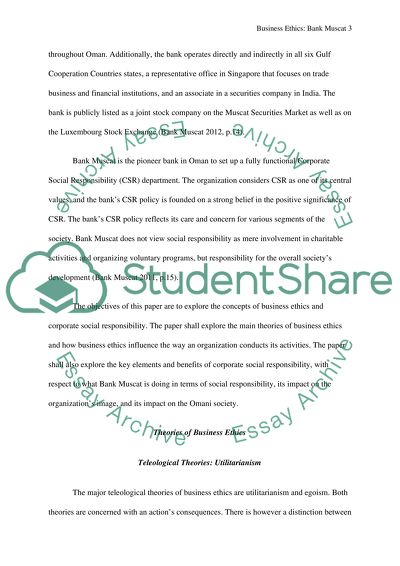Cite this document
(The Theories of Business Ethics and How Business Ethics Influence the Case Study - 7, n.d.)
The Theories of Business Ethics and How Business Ethics Influence the Case Study - 7. Retrieved from https://studentshare.org/social-science/1647034-business-ethics
The Theories of Business Ethics and How Business Ethics Influence the Case Study - 7. Retrieved from https://studentshare.org/social-science/1647034-business-ethics
(The Theories of Business Ethics and How Business Ethics Influence the Case Study - 7)
The Theories of Business Ethics and How Business Ethics Influence the Case Study - 7. https://studentshare.org/social-science/1647034-business-ethics.
The Theories of Business Ethics and How Business Ethics Influence the Case Study - 7. https://studentshare.org/social-science/1647034-business-ethics.
“The Theories of Business Ethics and How Business Ethics Influence the Case Study - 7”, n.d. https://studentshare.org/social-science/1647034-business-ethics.


